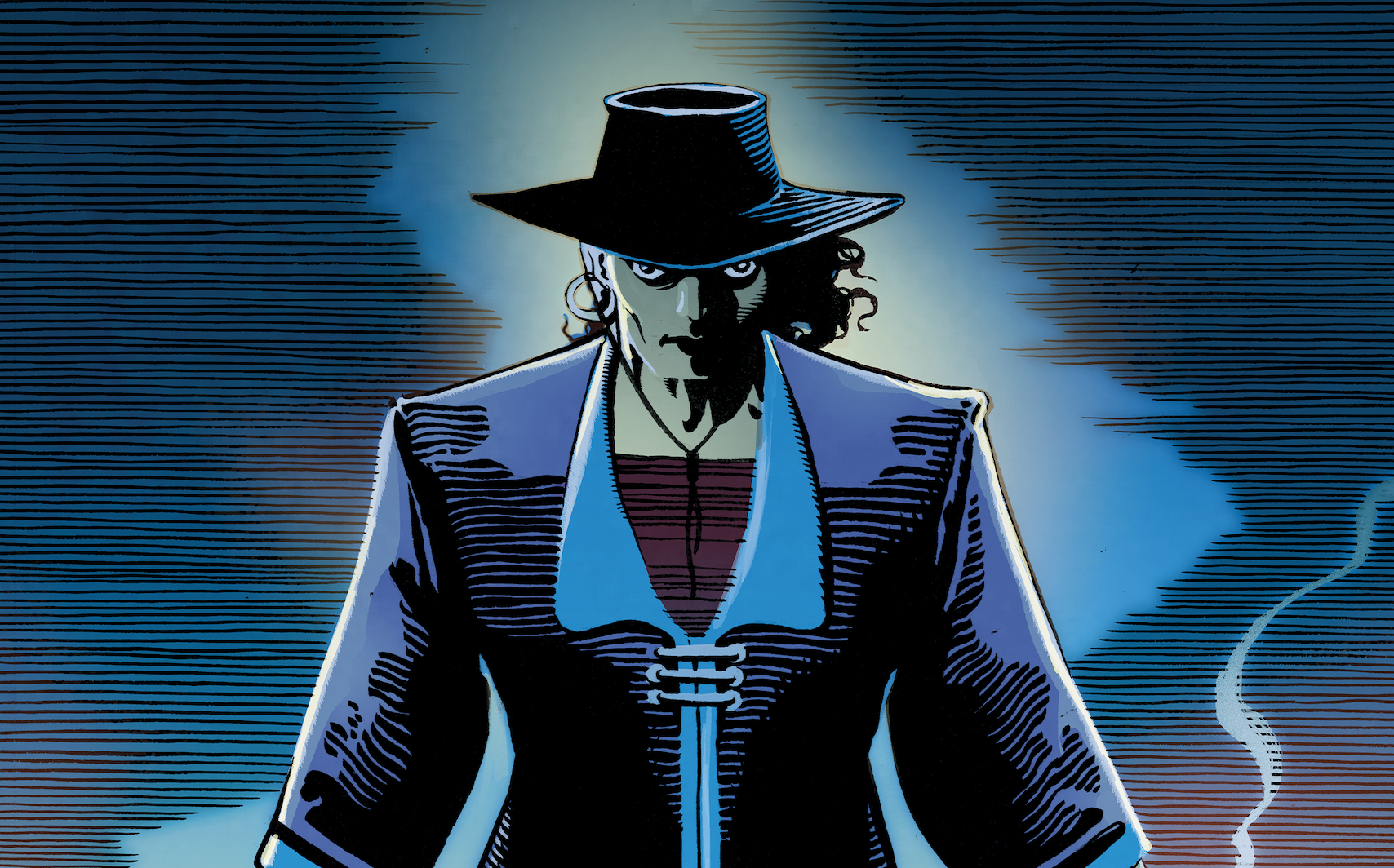
The history of female artists within the rap and hip hop genre has been tumultuous, to say the least. The genre itself was borne out of a community wanting to use music and artistry to convey injustice, racial discrimination and the struggles many marginalized communities of color have faced often at the hands of authority and government (N.W.A’s ‘F*** The Police’ anyone?). It is also a genre that has largely been dominated and lead by men: their stories, perspectives and voices.
When female hip hop artists started becoming as popular as some of the men, as the genre moved from the marginalized and underground to the mainstream, along with the politicized narratives that already come with hip hop and rap, the women had the extra burden of gender to deal with. Specifically, the way their gender was depicted by the men before them.
The image of women in hip hop music videos is that of a sexualized, objectified prop. But when artists like Lil’ Kim, Missy Elliott, and more recently Nicki Minaj, come along and throw down as well as the men, rack up award after award after award, and choose how to control their sexuality and image, it is controversial and anarchist in a whole other way.

Because it has been such a male-driven environment, it’s easy to associate the genre with misogyny, anger, aggression and at times, toxic masculinity. However there are women, both in the mainstream and underground scenes, looking to change this stereotype and make it a place where they take ownership of their own narratives without comparison to who has gone before them.
Mexican artist Mare Avertencia Lirika, a Zapotec rapper from the state of Oaxaca, wants to be part of redefining the genre to be less aggressive and misogynistic, and instead dominated with socially conscious and feminist messages. She grew up in an area where there was a high rate of marginalization and migration, Mare was influenced by resistance poetry taught in school.
Because of her family and community struggles, she quickly learned about the importance of social justice.
“Rap helped me find myself, and recognize the many identities within society, whether they are migrants, Zapotec, women or feminists,” she said in an interview with El Universal.
Feminism is a big part of Mare’s lyrics which stems from the experiences she would see the women in her family go through. Defining it simply as “the struggle of women gaining human rights”, it goes hand in hand with her focus on social justice.

“In my family, we are mostly women. And even though many of us had to take the reins, the social norms still determined the difference between us and the men,” she said, explaining how the role of women was often minimized in her community.
Discovering rap enabled her to give her a voice to critique her thoughts, and coupled with her early understanding of struggle among her people and the value of protest poetry, Mare realized this would be her outlet to share her experiences with more people.
“Being able to understand how difficult it was for a mother to take care of her children and how migration impacted my family, it made me have a sense of awareness and responsibility from a young age. Leaving these difficult conditions led me to understand the world differently, and rap helped me channel that,” she said.
She hopes to use her music as a tool to awaken and strengthen other people in Mexico by including a number of issues, as her music video ‘Bienvenidx’ from her new album ‘Siempre Viva’ covers topics such as systematic violence, oppression, unemployment and forced migration. It is a commentary Mexico’s transition into an economic system which only benefits the elite.
Along with her music, Mare also conducts workshops in indigenous communities to help empower women and girls to use their voices. She is certainly well-positioned to be injecting some well-needed feminism into the hip hop genre. And while we are not saying that the male voices should be drowned out or ignored, because those are important in the fight for equality and social justice.
What we need to do is ensure it is an equal playing field where rap and hip hop can become a space for feminist values and voices to educate more people on the struggles of communities around the world. Music is such a powerful medium, and we are inspired by artists like Mare who don’t just see it as a way to seek fame and fortune, but justice and equality for many.
She was featured in a documentary in 2012 called ‘Cuando Una Mujer Avanza’ (when a woman steps forward), which focused on her work using rap as a tool to raise awareness and to strengthen networks within the Oaxacan social movement as well as eradicating gender inequalities within society.
















